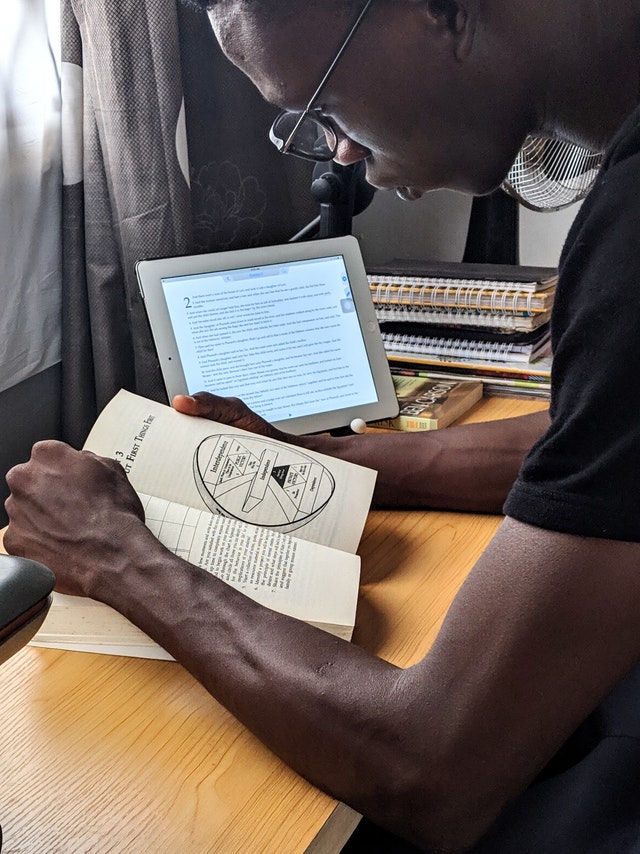Recently in Australia, Alan Tudge, the Minister of Education in an embattled ruling LNP conservative coalition, approaching an election, proposed changes to maths teacher training at universities in Australia with an emphasis upon ‘explicit instruction’ versus the more contemporary ‘constructivist approach’ of building knowledge and self learning.
The report is quite unclear on what the evidence is for the need to introduce regressive steps for teaching methodology; based upon supposed correlations with headline test scores including PISA and text analysis of subject or course descriptions, to count how often key words e.g. constructivism occur, but not actual classroom observations?
In short, explicit instruction is teacher centred and directed while constructivist approach is learner centred allowing deep experiential understanding. Nonetheless, both styles are acceptable depending upon the situation e.g. the UK RSA Cambridge TEFLA or CELTA, for the teaching of English as a foreign language, uses both, and more.
This is exemplified in the PPPP model Preview, Present, Practice and Produce when used in a lesson starts teacher centred with explicit instruction (or direction), includes much student to student interaction, then moving towards more constructivist methods to finish with student centred production and formative ‘testing’ of individuals to judge outcome, or not.
However, support for changes comes from a report produced by the Sydney based CIS Centre for Independent Studies which is part of the Koch Network’s global Atlas Network of think tanks; another think tank in Melbourne, the IPA Institute of Public Affairs, informs often any climate science denying LNP government, and on libertarian socio-economic policies.
The CIS according to Sourcewatch is described as neoliberal and socially conservative, coincidentally was founded by a maths teacher to replicate, now another Koch linked economics think tank, the IEA in the UK which supported Brexit.
As explained below the report writers have unclear higher qualifications to research, evaluate and propose methodological solutions to improve maths teaching and student outcomes; the report validity was questioned by various experts.
Anything Koch, IPA, CIS and LNP related generally includes strong antipathy towards universities and higher education, research, gender studies, LGBT, CRT, teaching, learning and science, especially climate science, and later the same networks were linked by DeSmog UK to Covid resistance to related science, vaccinations and measures to protect society.
This has been discussed previously in blog titled Climate Confusion, Astroturfing, Pseudo-Science, Population Movement and Radical Right Libertarians. The aim appears to be neutralisation of competitive and other threats e.g. regulatory, round big business or large corporate entities, especially fossil fuels and related.
What are the outcomes of explicit teacher instruction?
Firstly it precludes peer to peer learning, like word of mouth is trusted, and is a valid way of learning, includes the ‘school of life’.
Secondly it suggests rote learning, and avoids the higher level skills according to Bloom’s Taxonomy beyond simply know, understand and apply, but higher level skills of analysis, evaluation and synthesis.
More deeply, the roots of radical right libertarian socio economic ideology, whether economics of Adam Smith, on population with Thomas Malthus, or Galton on eugenics, is to keep a major part of any society, especially voters, unenlightened on climate science, higher education and now Covid science to maintain 18th or 19th century power relationships favouring the more deserving ‘top people’ over less deserving society.
Final outcome would involve the ‘hidden curriculum’ that explicit instruction would encourage and condition i.e. a teacher is a figure of authority in imparting knowledge or facts while students are not required to apply higher level skills.
Encouraging a return to master serf relationships and not questioning authority.
From The Campus Morning Mail of Stephen Matchett:
‘Tudge warns teacher education faculties (again) November 29, 2021
For the second time in a month the Education Minister has warned education faculties the “Government will use the full leverage of the $760 million it provides” if they continue to use teaching methods he does not approve of.
Last week Mr Tudge criticised a “constructivist approach” in initial teacher education maths courses, as opposed to “explicit instruction,”(CMM November 26). In October, he warned that “ideological resistance” in teaching training limits the use of explicit instruction and phonics.
The ITE peak body did not respond to what could be a threat and might be a promise from the minister on math teacher training, with the Australian Council of Deans of Education declining to comment on Friday.
However, the Media Centre for Education Research did issue a statement, quoting Macquarie U maths education academics, Dũng Trần, Michael Cavanagh and Rebecca Bull commenting on the Centre for Independent Studies report which informed Mr Tudge’s new statement. They questioned some claims and suggested some of its evidence was not “robust,” adding “we would welcome a more comprehensive discussion about the intricacies of effective mathematics teaching.”
Summary of the report is here:
‘Policymakers have increasingly looked to improvements in Initial Teacher Education (ITE) as key to overcoming declining education outcomes.
The analysis in this paper validates this concern and places a specific lens on ITE for beginning mathematics teachers.
Despite clear evidence of the efficacy of explicit instruction, it is not practiced consistently and regularly in Australia’s mathematics classrooms. The analysis shows that high-performing countries more frequently apply the principles and priorities consistent with explicit instruction.
An analysis of ITE courses for beginning mathematics teachers finds a lack of emphasis on explicit instruction. This significantly contributes to insufficient implementation of evidence-based practice — particularly explicit instruction — in Australian schools.
For Australian students’ mathematics outcomes to improve, ITE must improve with it. For this reason, ITE providers require clear and unambiguous expectations for genuinely incorporating evidence-based practices into their mathematics ITE courses.
Some examples of practices that teachers should be able to demonstrate on completion of mathematics ITE include:
- Clear teacher demonstrations that recognise implications of cognitive load.
- Guided, scaffolded practice opportunities that allow students to students to verbalise.
- Immediate corrective feedback to clarify and confirm students’ progress.
- Spaced and interleaved practice to facilitate cumulative review of content.’
The full report ‘Failing to teach the teacher: An analysis of mathematics Initial Teacher Education’
Glenn Fahey, Jordan O’Sullivan, Jared Bussell 25 November 2021 | AP29
The writers of the report above have indirect expertise and unclear qualifications e.g. Fahey is economics, whilst the other two, Sullivan and Bussell are apparently teachers but have no qualifications listed, simply a general biography on the CIS website.
Related links of interest, articles and blogs:
Covid Misinformation – Gut Instinct & Beliefs vs. Science & Critical Thinking
Covid-19 Climate Science Vaccination Misinformation PR and Astro Turfing
Eco-System of Libertarian Think Tanks and White Nativism in the Anglosphere
Conspiracy of Denial – COVID-19 and Climate Science
Anglosphere – Radical Right Libertarian Socioeconomics and Authoritarianism
Think tanks’ call for ‘freedom’ really promises authoritarianism



